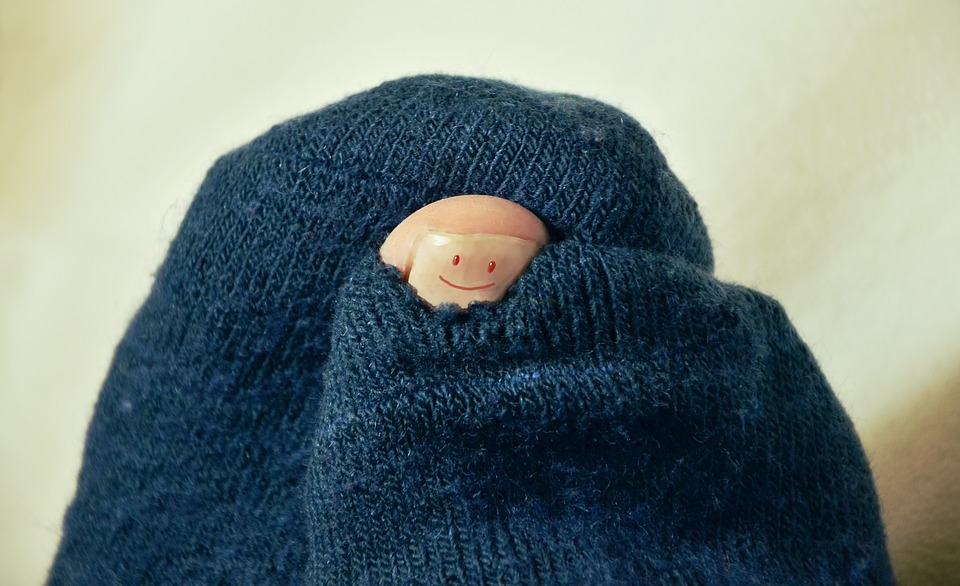 Plantar warts are one of the most common afflictions that affect the population. At Collective Foot and Wellness Clinic, we often get inquiries and appointments by patients looking for wart treatment, removal, or long term solutions.
Plantar warts are one of the most common afflictions that affect the population. At Collective Foot and Wellness Clinic, we often get inquiries and appointments by patients looking for wart treatment, removal, or long term solutions.
Check out our fact sheet about plantar warts for some quick information about handling this pesky affliction!
Plantar Warts FAQ
What are plantar warts? Plantar warts are small growths that often appear on the heels or weight-bearing areas of the foot.
What do they look like? They can either be a small, fleshy growth on the bottom of the foot if it grows outward, or hard, thickened skin over a ‘spot’ on the skin if it grows inward. It will often have black pinpoints in the spots known as ‘wart seeds’ which are small, clotted blood vessels.
What causes them? They are caused by an HPV (human papilloma virus) infection on the outer layer of skin. The virus enters the skin through tiny cuts or other weak spots in the skin. HPV is one of the most common kinds of viruses with various strains that may or may not cause warts on the feet.
How are they contracted? The virus can enter the skin when in public places, like gym locker rooms, pools, and public showers. It flourishes in warm, moist environments such as if your feet are in wet socks or shoes for long periods of time.
Where else can they appear? Plantar warts only appear on the feet. Other types of warts, such as common warts, can appear on the hands or other body parts.
Do they hurt? Some patients experience pain or tenderness when walking or standing in the area surrounding the wart, while other patients experience no pain at all.
Are they dangerous? Plantar warts are not dangerous on their own. If you suffer from diabetes, an autoimmune disorder, or have poor sensation in your feet, it is easier for the virus to spread or an infection develop.
Are they contagious? Each person responds differently when exposed to HPV. The strains that cause plantar warts are not highly contagious, but you should always maintain best practices and good hygiene, like washing your hands after touching a wart and keeping your feet dry (not warm and moist).
Will they go away on their own? Often, yes, although a patient waiting for it to heal on its own may experience more pain and discomfort than if they sought out treatment.
What if they don’t go away on their own? There are a variety of treatment options for plantar warts. Peeling medicine (salicylic acid) and freezing the wart (cryotherapy) are the two most common treatments. In more severe or chronic cases, laser treatment, or minor surgery can be used.
How can I prevent them? Always wash your hands if you come into contact with a wart before you touch any other part of your body. HPV flourishes in warm, moist environments so always keep your feet dry in shoes and socks. Lastly, in public places, make sure you wear flip flops or slippers to reduce the chance of coming into contact with the virus.
When should I see a chiropodist? You should see a chiropodist about your plantar warts in a few cases:
- the lesion is bleeding or changes in colour
- you’ve tried to treat the wart and it persists or recurs
- pain or discomfort interferes with normal activities
- you have diabetes, an autoimmune disorder, or poor sensation in your feet
- you aren’t sure the lesion is a wart
More Information About Plantar Warts
For more information about plantar warts or if you’re suffering from plantar warts, contact Collective Foot and Wellness Clinic or visit our information page! We can help you find treatment options that can easily remove warts or prevent them from coming back. We can also perform laser treatment and surgical wart removal when necessary.
